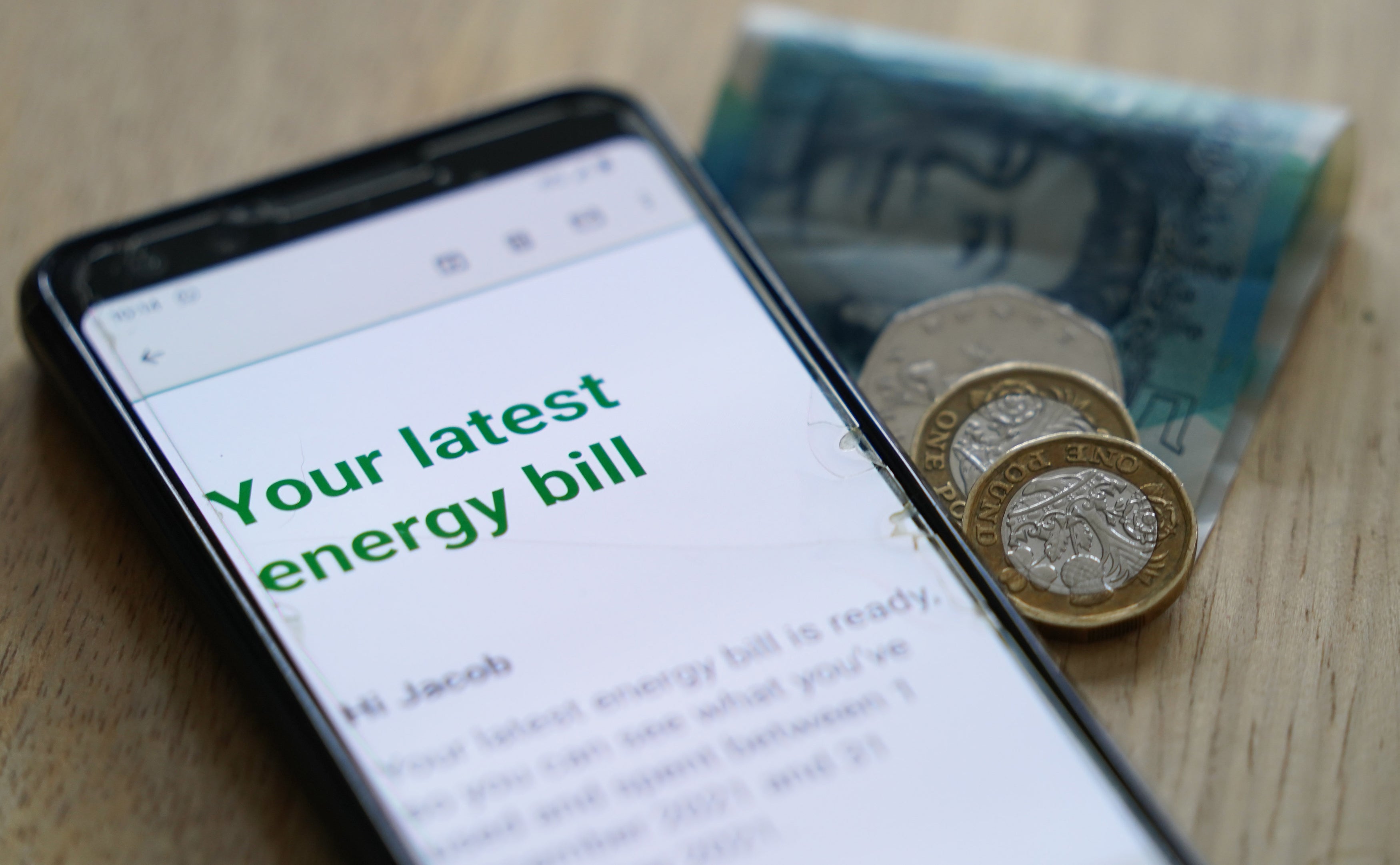Rishi Sunak’s spending plans at a glance: a windfall tax and a universal grant
The Chancellor has set out a fresh emergency package for the cost-of-living crisis just two months after his spring statement.

Your support helps us to tell the story
From reproductive rights to climate change to Big Tech, The Independent is on the ground when the story is developing. Whether it's investigating the financials of Elon Musk's pro-Trump PAC or producing our latest documentary, 'The A Word', which shines a light on the American women fighting for reproductive rights, we know how important it is to parse out the facts from the messaging.
At such a critical moment in US history, we need reporters on the ground. Your donation allows us to keep sending journalists to speak to both sides of the story.
The Independent is trusted by Americans across the entire political spectrum. And unlike many other quality news outlets, we choose not to lock Americans out of our reporting and analysis with paywalls. We believe quality journalism should be available to everyone, paid for by those who can afford it.
Your support makes all the difference.Chancellor Rishi Sunak has returned to the Commons to unveil a new £15 billion emergency package of measures to support households through the cost-of-living crisis.
Just two months after his last set-piece spending announcement, he announced a U-turn to hit oil and gas giants with a windfall tax to fund a raft of new measures.
With targeted support to those who need it most and a grant to ease energy bills for all households, here is a quick look at the details.
– Windfall
Though Mr Sunak did not use the word “windfall”, having spent months opposing the move, he did announce an “energy profits levy” to raise around £5 billion in a year.
The temporary tax will hit oil and gas firms by 25% on extraordinary profits, which have surged because of the invasion of Ukraine and the coronavirus pandemic.
An 80% investment allowance was also announced in order to calm Conservative nerves that the move will dent North Sea firms’ investment, to save them 91p for every £1 they spend.
But it will not necessarily be a one-off, with the Treasury saying it will be “phased out” as “prices return to historically more normal levels”.
– A universal grant
The Chancellor acknowledged the situation has worsened since he announced the energy bills discount, which was effectively a £200 loan.
He has doubled it to a £400 discount on bills for all households from October, and has now genuinely made it a grant that will not need to be paid back.
The Treasury priced the measure at £6 billion, with officials expecting the £10 billion gap between the windfall tax and the spending to be raised through borrowing.
– Targeted measures
Worth £5.4 billion, more than eight million of the lowest income households will receive a £650 one-off payment. It will apply to households on Universal Credit, Tax Credits, Pension Credit and legacy benefits.
Additional one-off payments of £300 will go to pensioners alongside the winter fuel payment this winter, at a cost of £2.5 billion.
Worth £900 million, those receiving disability benefits will receive a £150 cost of living payment by September